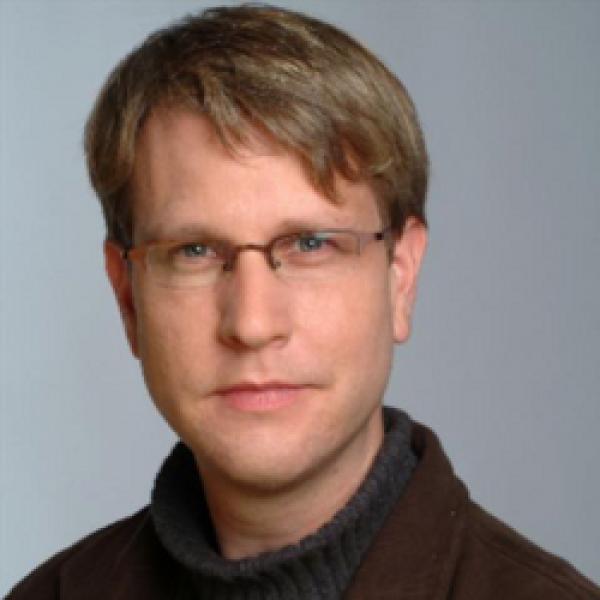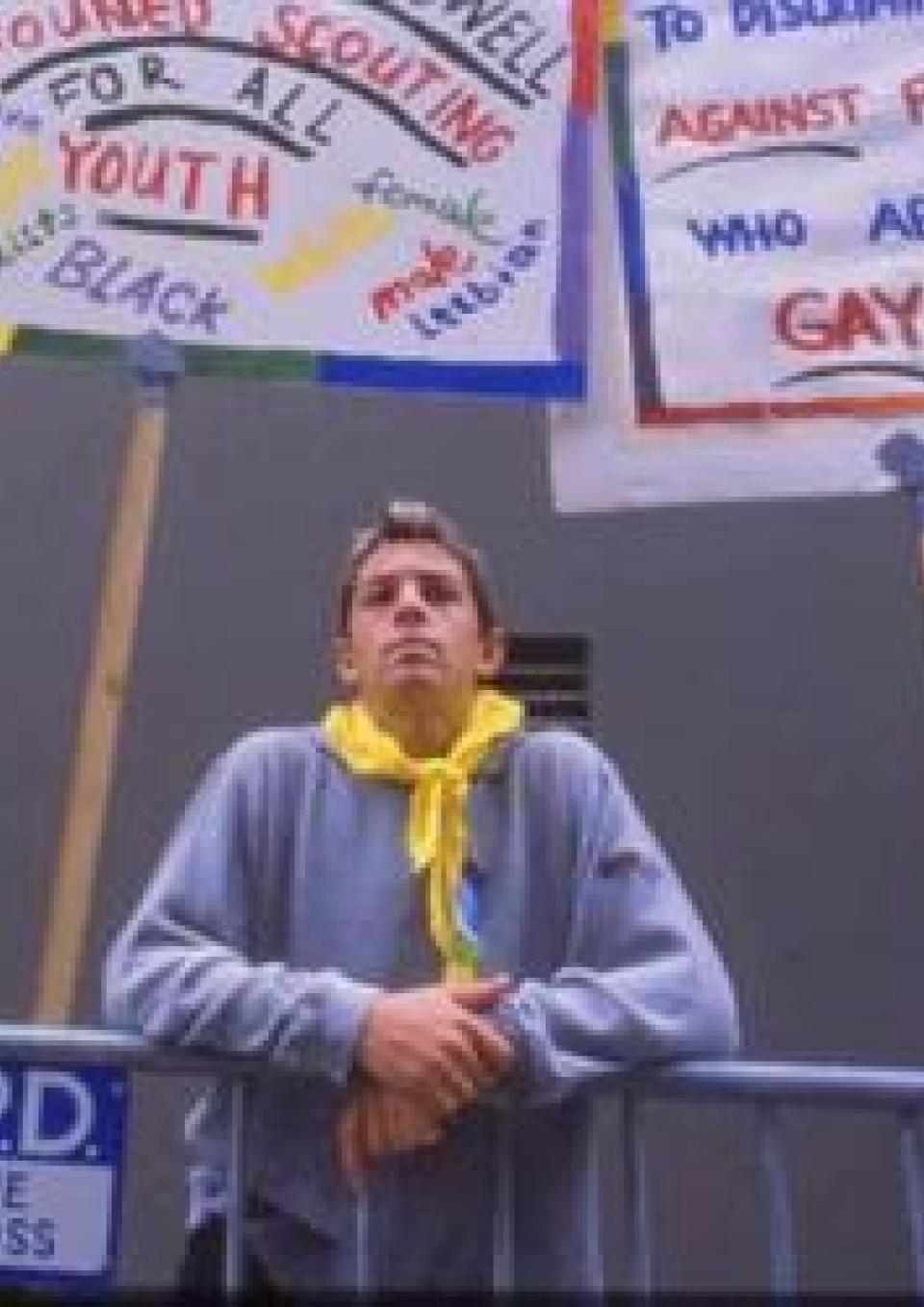Tom Shepard
Introduction (2-3 lines)
Tom Shepard has been directing and producing documentary films for nearly 20 years. His film Scout's Honor, won the Audience Award for Best Documentary and Freedom of Expression Award at the 2001 Sundance Film Festival as well as Grand Prize at the 2001 USA Film Festival and Best Social Issue Documentary by the Council on Family Relations. Scout's Honor broadcast nationally when it opened POV's 14th season.
In 2006, Shepard co-directed and produced Knocking in association with the Independent Television Service (ITVS) about Jehovah's Witnesses and their contributions to medicine and civil liberties. Knocking broadcast nationally on the PBS series Independent Lens in May of 2007. In 2009, Shepard directed Whiz Kids (www.WhizKidsMovie.com), a coming-of-age documentary about high school youth who compete in the Intel Science Talent Search. Shepard's latest collaboration with filmmaker Andy Abrahams Wilson is The Grove, a film about AIDS and the politics of remembrance. The Grove broadcast on PBS in 2012.
Previously, Shepard worked as an editor at National Public Radio for Linda Wertheimer. At NPR, he co-produced Listening to America, an audio documentary on the history of public radio in America. He graduated from Stanford University where he majored in biology and film. He currently teaches documentary in California and Colorado and he is a former Chairman of New Day Films.
For me, the path to becoming a documentary filmmaker began in journalism. For several years, I worked in public television and radio as writer, researcher, and editor. In the U.S., daily journalism serves as a fourth branch of government and, if practiced responsibly, provides an essential resource for public discourse. Oftentimes, however, the confines of a one-page newspaper story or a three-minute television segment prevent stories from being told comprehensively or emotionally. In long-form documentary, a director can spend the time to invest his or her audiences into the film's characters and the story lines they traverse. The very devices that Hollywood uses to construct feature films, that is, three act story structures, character development, and conflict/resolution devices, can also be implemented in the documentary. As a craftsperson, I am drawn to documentary for these reasons. As a social activist, I am drawn to documentary as a vehicle for social change. While daily journalism can report facts and events, it is not often able to change deeply held attitudes or beliefs, especially ones regarding volatile issues such as sexual orientation, race, or class. I make films to challenge beliefs and give voice to those in society whose experiences have been overlooked, misrepresented or vilified. If viewers can identify and empathize with characters on screen as they are drawn into a story, there is a greater likelihood that misperceptions, stereotypes, and ignorance can give way to deeper understanding and compassion. As democracy becomes ever more predicated on understanding cultural differences, I see documentary film as a powerful tool to bridge misunderstandings, create forums for thoughtful dialogue and, ultimately, diminish the walls that divide us as a nation.


